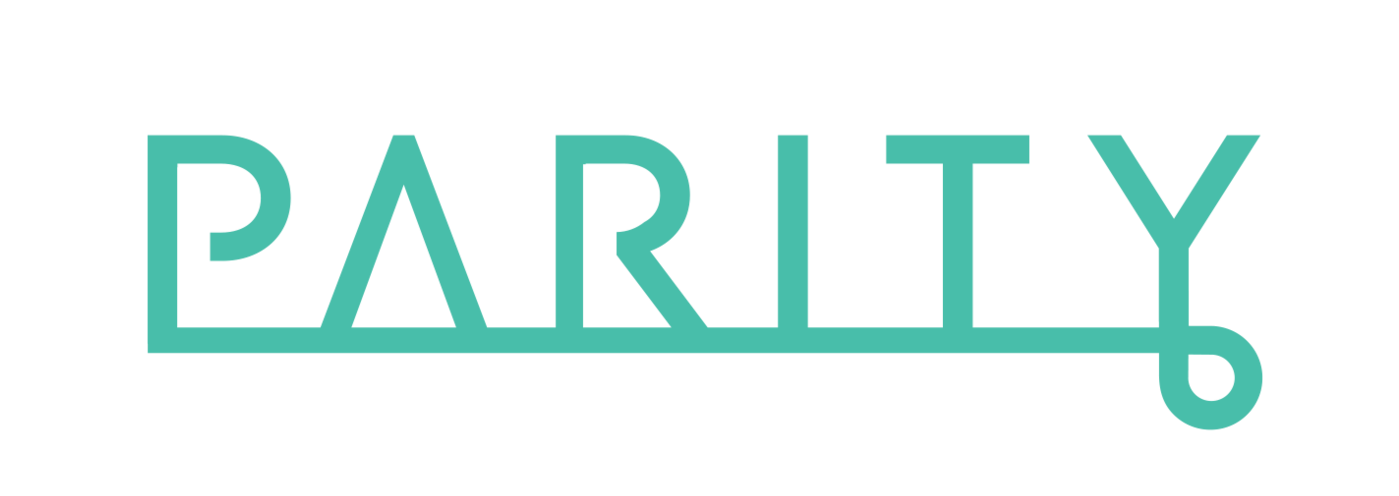Announcing: NEW Family Acceptance Project®
Public Education Posters
Three posters for use in congregations and throughout communities
rejecting behaviors with outcomes
accepting behaviors with outcomes
accepting version for conservative communities
Accepting Behaviors Poster
These Family Acceptance Project posters provide an accessible public information and intervention resource to educate parents, families, providers, religious leaders, youth and other adults about the critical role of families in supporting their LGBT children.
FAP has developed 3 posters – one on rejecting behaviors with outcomes and another on accepting behaviors with outcomes, in addition to an accepting version for conservative communities.
Faith communities, congregations and organizations are urged to not only display these posters in their buildings and facilities, but also to “adopt” their local community to share this critically important information.
Where Posters Should Be Used – everywhere that children, youth & families are served:
Clinics; schools; family service agencies; health & mental health services; prevention programs; child abuse programs; suicide prevention resources; early childhood programs; hotlines; child welfare, juvenile justice, homeless and other out-of-home programs; community centers and congregations.
Posters may be downloaded here or _________ for printing or ordered in quantity (add link).
The Family Acceptance Project® is a research, intervention, education and policy initiative that works to prevent health and mental health risks for lesbian, gay, bisexual and transgender (LGBT) children and youth, including suicide, homelessness and HIV – in the context of their families, cultures and faith communities.
Learn more about this important initiative:
Purpose: Family rejection and ambivalence about a child’s LGBT identity and gender diversity are widespread. Families and the public don’t understand that specific behaviors that families and caregivers use to respond to their LGBT and gender diverse children have a compelling impact that contributes both to serious health risks and helps protect against risk and promote well-being.
Public awareness has increased about the negative impact of conversion therapy but not about family rejection, in general. Efforts to change an LGBT / gender diverse child start at home and are expressed by multiple rejecting behaviors to change, prevent, minimize, deny, discourage or suppress a child’s sexual orientation, gender identity and expression. This includes such behaviors as making a child pray or attend religious services; not letting them have an LGBT friend or participate in LGBT support activities; excluding them from family events and activities; or ridiculing or physically threatening, hitting or hurting them because of their LGBT identity. FAP’s research has identified and measured more than 50 specific rejecting behaviors that parents, families and caregivers use to try to prevent, alter, minimize or change a child’s sexual orientation, gender identity and expression and that contribute to serious health risks. And more than 50 family accepting and supportive behaviors to affirm a child’s LGBT identity and gender expression that help reduce risk and promote well-being.
We have developed public education posters that include a more extensive list of these family behaviors – ranging from small steps that a parent or family member can take to reduce risk and those that are highly predictive of risk to behaviors that contribute to well-being and start to increase respectful communication and signal deepening commitment to supporting a child's LGBT identity.
By listing commonly used behaviors in posters to be used in diverse settings, we aim to provide an accessible public information and intervention resource to educate parents, families, providers, religious leaders, youth and other adults about the critical role of families in supporting their LGBT children.
FAP has developed 3 posters – one on rejecting behaviors with outcomes and another on accepting behaviors with outcomes, in addition to an accepting version for conservative communities.
Where Posters Should Be Used – everywhere that children, youth & families are served:
Clinics; schools; family service agencies; health & mental health services; prevention programs; child abuse programs; suicide prevention resources; early childhood programs; hotlines; child welfare, juvenile justice, homeless and other out-of-home programs; community centers and congregations.
Learn more about the important work of the Family Acceptance Project and view related resources, videos and booklets for use in a variety of faith-based, home and clinical settings.

